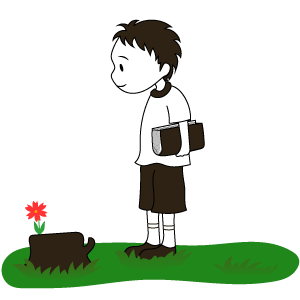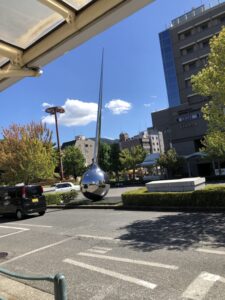It rained in the morning for the first time in a long time.
When I was working in the legal field, I always had this thought.
I always thought that the happiest person in the world is the one who can live his or her life without being involved with the law, whether to sue or be sued, to be caught or not caught, and so on, as much as possible.
The law is strong. It is like a moral force that can be enforced.
Of course, it can be used as a shield to protect oneself, but sometimes it can also be used as a contradiction to pierce an opponent.
I have seen many people who are very good at wielding a well-honed contradiction against the weak in the law. I have also met many people who have been stabbed by such a contradiction and become incapacitated again.
There is no literary element at all. Neither “The Brothers Karamazov,” “Ulysses,” nor “War and Peace” will help against the oncoming contradiction.
But those who wield the contradiction will always be defeated before a stronger contradiction. To celebrate its futility. At the same time, literature is the only help for those who have been stabbed and re-injured and are trying to get back up again.
Although legal texts are often considered tasteless and boring, some legal professionals perceive “poetry” in them. They say that the articles contain human sentiments, emotions, hopes, despairs, and even prayers that have been scraped to the utmost limit.
And most of the first-rate legal professionals I have met are those who can sense “poetry” in such legal texts without fail. In other words, people who can put aside their contradictions and shields and fight with a poetic mind, people who value words and understand their weight.
In that sense, law and literature come as close as possible. Law may be literature. I suddenly think so.
Stepping on fallen leaves reminds me of how it feels to be stepped on.












